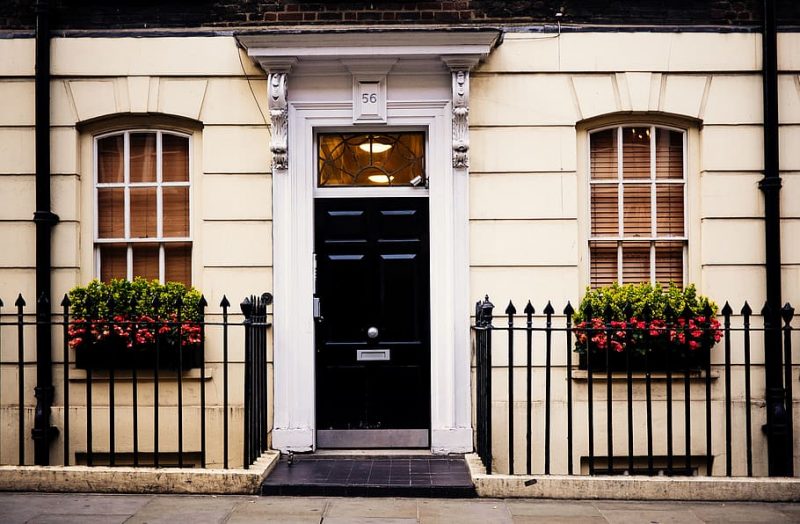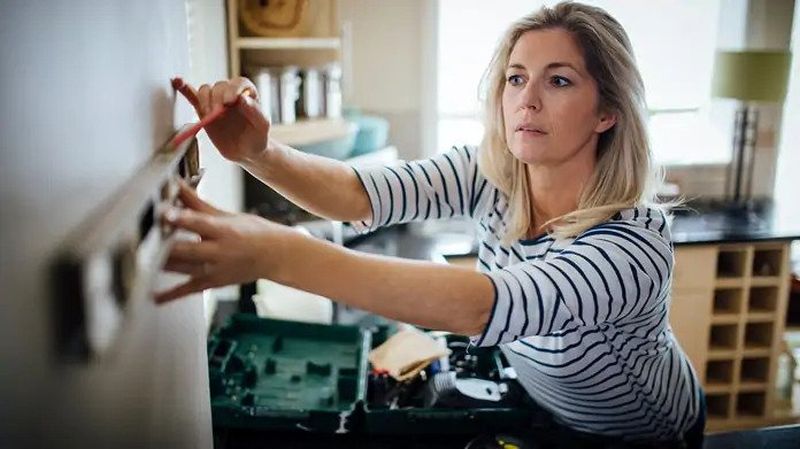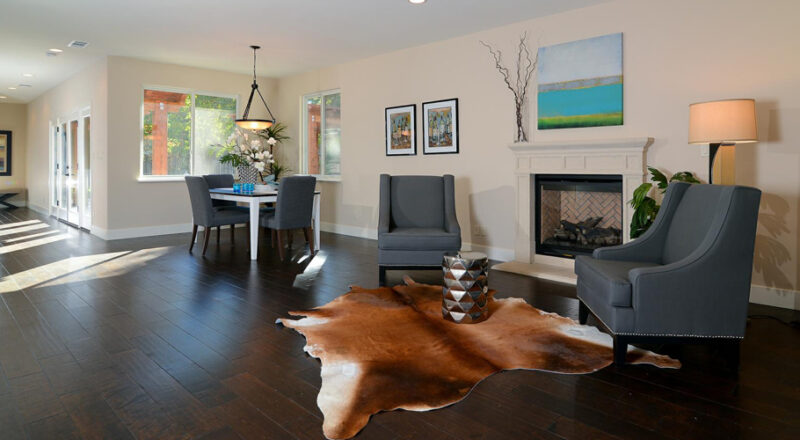The surge comes as the industry lures people from all walks of life with an eye for interior design, who’d like to either dabble as a side-income or create a full-time career. The team at the Home Staging Institute, a leading provider of online home staging certifications, has seen a 134% year-on-year increase in students in the first quarter of 2024.
According to the Home Staging Institute, there has been a surge of interest in starting a home staging business in recent months as people look for alternate methods of generating an income.
If you are interested in starting a home staging business, here are our top tips:
1. Understand your neighborhood

Home stagers need to have an eye for what helps real estate in an area sell. Knowing your neighborhood will give you a deeper understanding of what buyers are looking for in terms of style and quality of furnishings.
Upmarket neighborhoods need more than a second-hand couch from Craigslist, however middle-class areas might be put off seeing a luxury couch in a relatively low-value property.
Knowing your neighborhood and the type of buyers they attract will help you pull together a staged house that resonates closely with what they are looking for.
Visit open homes on weekends, and frequent sites like Zillow.com in the evenings to get a good feel for what properties are bested suited for what level of staging in your neighborhood.
2. Network at every chance
Networking with realtors and property developers will generate you your “bread and butter” work. Nothing beats getting a call from a property developer asking you to complete a staging job in their new duplex. Often landing a job with realtors and property developers involve less stress and “back and forths” negotiations than with private homeowners.
Begin your networking while doing your market research. You’ll be visiting open home on weekends to get inspiration and to better understand the market, so why not use this as an opportunity to become friendly with the realtor, and perhaps leave your card for reference in the future.
3. Buy the right product

When starting a home staging business you’ll need to spend some capital buying your first range of furniture and products. Spending smartly will help these dollars stretch much further.
For example, there is absolutely no need for good quality mattresses when staging a home. They’ll be covered in sheets and linen, so as long as they hold shape, don’t have noisy springs, and are comfy should a buyer sit on one, then it’ll be fine.
Books for coffee tables and cookbooks for kitchen benches can be found at second-hand shops, or can even be pulled off your own bookshelf. There is no need to go buy the latest edition $75 cookbook (unless it is well-known and for an upmarket area, in which case it will help add to the vibe of the house).
4. Plan your logistics

The day to day running of a home staging involves a fair bit of planning, especially when you get to have multiple jobs on a weekend.
You might be setting up a new staged property on Friday, then moving to unpack a staged house whose contract has ended Saturday morning, before going back out to stage two apartments that afternoon. In between jobs you’ll have to be commuting back and forth to your storage, garage, or house to pick up and drop off different items.
When starting a home staging business you might be able to operate out of your home, especially if you have a garage, but soon enough you’ll need to upgrade to a storage unit or warehouse.
You’ll also need to plan for transport. Can your family car or ute manage the workload, or will you need to invest in a van or small truck? Labor also needs to be considered early. The business seems fun and creative at first, but by the time you’ve moved three mattresses, two coffee tables, and six bedside tables, you’ll be screaming for someone to help.
Many home stagers I know like to draw on the local student population who are looking for part-time, casual work, to fit around their studies. In the early days, you’ll need to find a casual employee who you can call up with short notice, to work an hour or two here and there. Eventually, this role will progress into one where you need to be able to trust them to stage houses on their own, with your styling direction.
5. Build your portfolio quickly

Your staging portfolio is one of the key drivers of new inquiries for your services. If it is polished and shows a wide range of your capabilities, then you’ll have no problem getting new customers.
If it is infrequently updated and uses poorly lit photos taken from an older cell phone, then you’ll find your inbox drying up and phone quiet.
Every chance you get you should be building your portfolio. Jobs for realtors and property developers are ideal for this – you just need to ask them for permission to use their professional photographer’s photos on your website.
If your portfolio is empty or isn’t showing the full range of your skills, don’t be afraid to stage your own home (or your friends and family homes), to get photos to show off your skills. This might feel deceptive, but the goal of your portfolio is to demonstrate your home staging work, so what better place to do it than your own home?
6. Show social proof

People become much more likely to use the services of a professional if they know that others have already used their services, and approve of their work.
It’s much like when you see an empty restaurant struggling to get their first customers seated for the evening, but when one or two tables are full, filling the next 30 tables becomes much easier. People like to see other people going first.
When it comes to home staging, build social proof through your portfolio, customer testimonials, and showcase any of your relevant certifications. These could be in interior design, color training, or specific home staging certification. For some more open-minded neighborhoods, a feng shui certificate can often help land a client.
The final word
Starting a home staging business is a simple way to create an extra income. You can start your business with as few jobs as you like, often just once a month, and grow at a pace that you are comfortable with, using the furniture you already own.
If you are looking for a new career this summer and have an eye for interior design, consider home staging,


